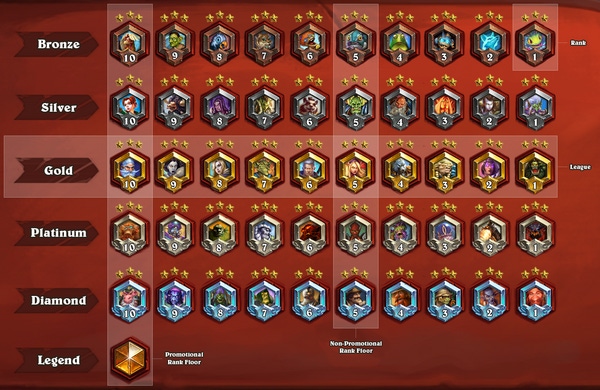Richard Garfield blogs about the differences between a ranked ladder and tournaments for competitive play.
Recently I started playing a digital game. There was a tournament announced for the top players. Although I wasn’t a top player – the game was new enough and there was enough luck in the play that I thought maybe I could qualify, and so I started paying attention to my ranking.
Quickly I noticed that I was having less fun because I was no longer experimenting and trying new things – I was focusing on what I knew worked. I began to lean more heavily on what other people said was correct rather than finding my own way. Losses were setbacks rather than learning experiences. When I rose to a level that corresponded to my actual skill, I stalled. Then the games became more samey, with the players mostly playing similar styles. I noticed that I felt like a mediocre player even though I was in the top 10%.
The experience brought into focus and made personal some of the misgivings I have had about extensive player rankings in games. […]



I think this is definitely frustrating, basically everyone always just wins about half of their games. I understand why the ladder exists in games and especially Arena, but I think it just got to a point for me where its not fun anymore. You’re only ever playing people at your exact ability level. The variety of opponents makes it more fun I think.